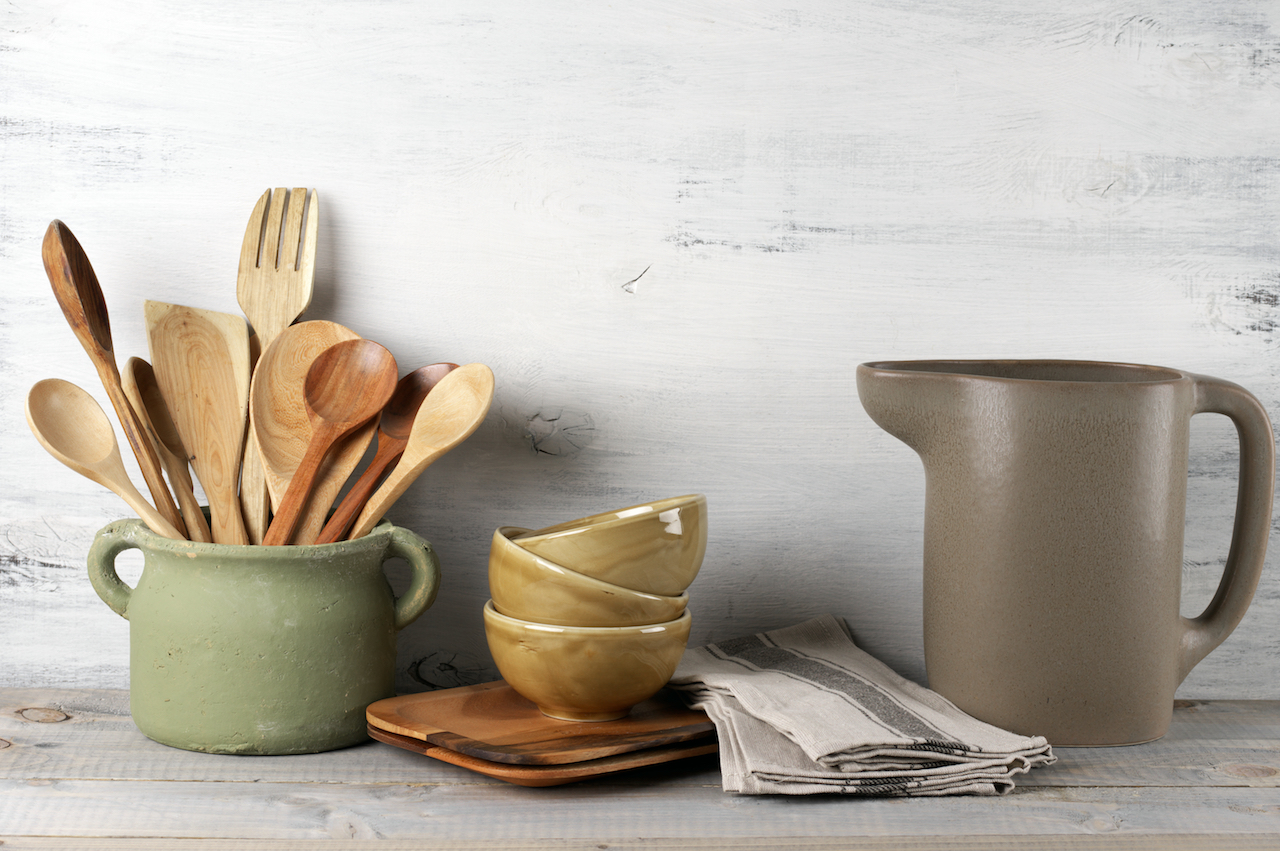Imagine you still had to head out into the field to collect your corn, fetch your eggs from the chickens and milk your own cow. It may be a novel experience for a weekend retreat, but hardly a practical morning routine for our modern lives.
We live in the age of convenience: with ready-made meals, and fruit, veg and fresh produce delivered straight to your door. The downside, though, is that all the processing and packaging can lead to harmful toxins entering into your kitchen. Pay attention to these hidden dangers of our prepackaged era, so you can give your family the best.
Safer storage
The Risk: Plastic materials (plastic containers, Ziploc bags, plastic wrap, plastic cups and baby bottles) can be toxic. Hundreds of chemicals are used to make plastic containers and food packaging. These chemicals are often linked to cancer, endocrine disruption (an interference with the normal functioning of hormones) and chronic diseases. Plastic containers and packaging may leak substances like bisphenol-A (BPA), bisphenol-S (BPS), and phthalates into the foods they touch. BPA is the substance that makes plastic clear and hard.
The Alternative: Because we generally can’t pinpoint what’s in our plastics, always choose materials made from glass, ceramic, bamboo, or metal to prepare and store your food with. Opt for eco-friendly replacements like paper bags or cartons for plastic wrap. If you do need to use a plastic container, shop for BPA-Free plastic. When you microwave BPA plastic, chemicals in the plastic (including the phthalates that make plastic flexible), will actually leak into the food. This means that the chemicals move from the plastic into the food. Avoid this by always heating food in a glass or ceramic container.
Non-stick pans
The Risk: While we all love an egg that doesn’t stick to the pan, non-stick cookware may not be worth it. The coating on the pan may be made with a carcinogenic chemical that releases fumes when heated. The coating may also flake and peel off over time and this is definitely not something you want in your food!
The Alternative: Aluminium pans are a common alternative; however, its coating may also break down over time and leak chemicals. Where possible, rather opt for cast iron, high-quality ceramic, or glass.
Bleached paper products
The Risk: White paper towels, parchment paper and baking cups look pretty, but they are hotbeds for toxic chemicals. Paper is bleached with chlorine, which creates a chemical by-product called dioxin. Dioxin is considered cancer-promoting and causes adverse effects on your endocrine and immune systems. It may also affect your fertility.
The Alternative: Choose reusable alternatives instead of disposable products. These include washable bamboo kitchen towels and reusable tea filters.
Simple steps can change your kitchen from a toxic place to a safe one.
- Glass and ceramic are great choices when it comes to dishware. Make sure that the ceramic dishware has a lead-free glaze. High-quality food grade silicone plates, stainless steel, bamboo or wood containing food-safe finishes are also safe options.
- Avoid Teflon and other chemical non-stick coatings. Overheating of non-stick pans and any scratching or chipping of the materials can cause these chemicals to be released.
- Avoid plastic utensils and accessories when cooking as these can melt or flake with extreme heat or wear down over time. This could potentially cause chemicals to transfer to food. Choose stable materials like wood, bamboo, silicone or stainless steel instead.
- The safest materials for cookware and bakeware include glass, high stainless steel, cast iron and ceramic cookware.
- When using stainless steel cookware, know that deeply scratched and pitted pans can cause metals like nickel and chromium to transfer into food in trace amounts. These are not necessarily toxic elements unless you have an allergy or sensitivity. For your safety, avoid frequent use of abrasive materials with stainless steel cookware.
- Use non-toxic cleaning products. Avoid bleach, ammonia, synthetic fragrances and dyes.
- Filter tap water for drinking and cooking. Find a high-quality filter that can remove heavy metals, chlorine, and other contaminants.
- Buy products from reputable manufacturers who have detailed description labels.
References:
- https://mightynest.com/learn/getting-started/healthy-living-guides/12-ways-to-avoid-toxins-in-the-kitchen
- https://www.thealternativedaily.com/get-toxins-out-of-kitchen/
- https://elevays.com/10-common-kitchen-toxins-everyone-avoid-part-1/
- http://www.naturallivingideas.com/hidden-sources-of-toxins-in-your-kitchen/

